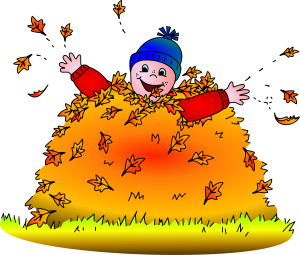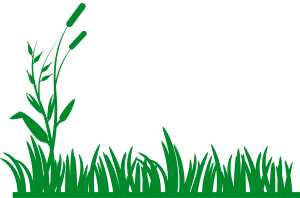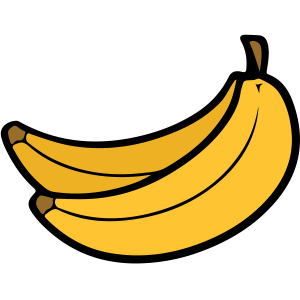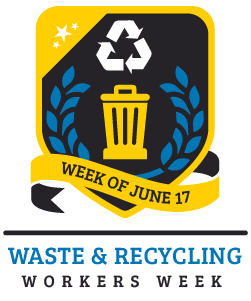 Composting is one of the most easily recyclable resources that are frequently trashed. Composting is a controlled process of decomposition of organic material. Placing yard and food waste into composting bins helps naturally occurring soil organisms recycle nitrogen, potash, phosphorus, and other plant nutrients, which can be used on lawns, gardens, and other plant growth.
Composting is one of the most easily recyclable resources that are frequently trashed. Composting is a controlled process of decomposition of organic material. Placing yard and food waste into composting bins helps naturally occurring soil organisms recycle nitrogen, potash, phosphorus, and other plant nutrients, which can be used on lawns, gardens, and other plant growth.
 Yard wastes such as leaves, grass clippings and weeds make excellent compost. Fruit and vegetable scraps, plus food wastes such as coffee grounds, tea bags, and eggs shells, can be composted. Meat, bones, fatty food wastes (such as cheese, grease and oils), dog and cat litter, and diseased plants should be avoided.
Yard wastes such as leaves, grass clippings and weeds make excellent compost. Fruit and vegetable scraps, plus food wastes such as coffee grounds, tea bags, and eggs shells, can be composted. Meat, bones, fatty food wastes (such as cheese, grease and oils), dog and cat litter, and diseased plants should be avoided.
 A compost bin needs several factors to produce effectively, such as air, moisture, and correct materials. They can be either made or purchased at a gardening store or nursery. A handy guide to the method of preparing a compost bin can be found here.
A compost bin needs several factors to produce effectively, such as air, moisture, and correct materials. They can be either made or purchased at a gardening store or nursery. A handy guide to the method of preparing a compost bin can be found here.











